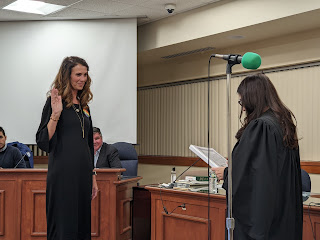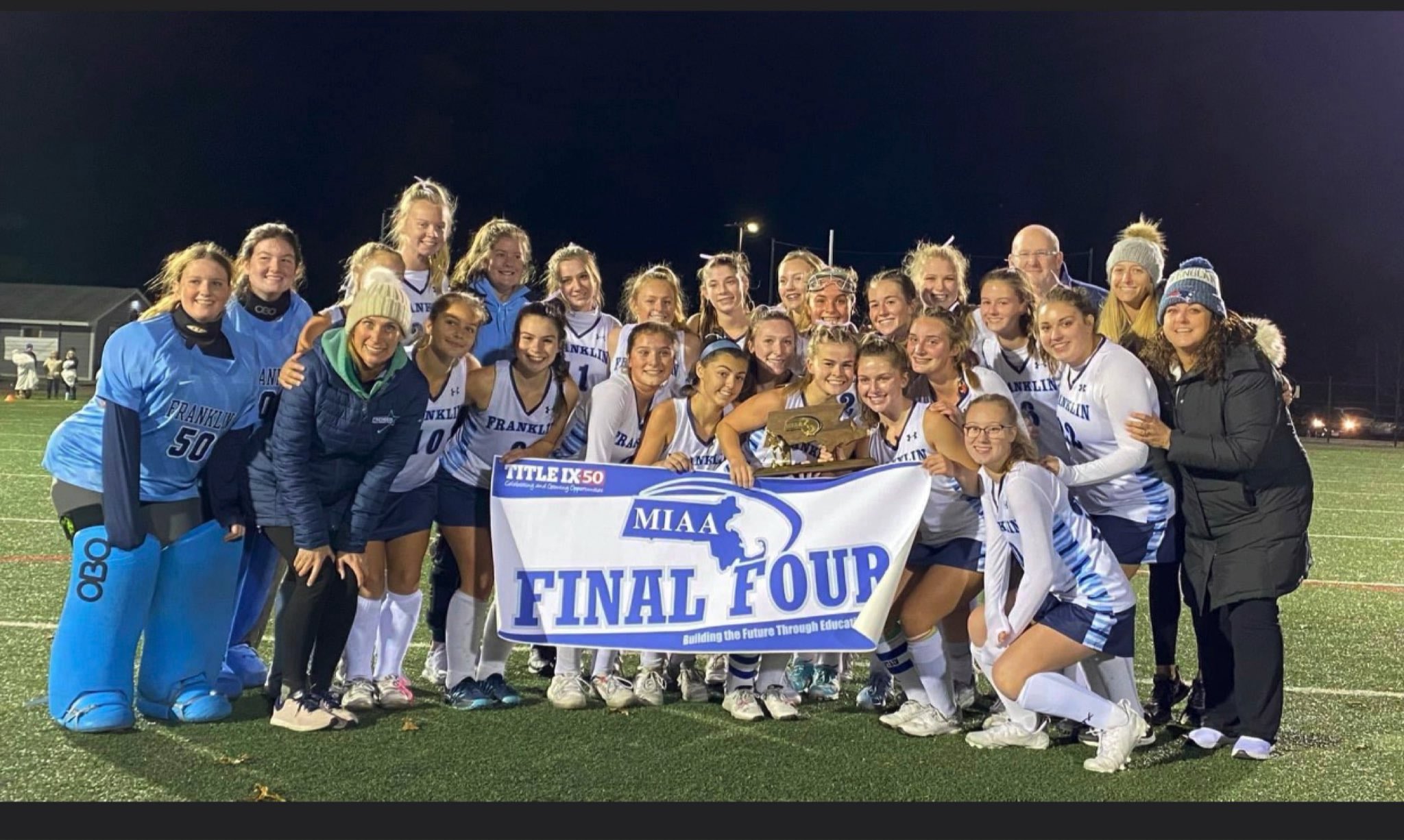Dear MIAA/MSAA Members:
Today marks my 35th day as Executive Director of MIAA and MSAA. I am tremendously honored to lead these great organizations and energized by the work ahead.
Over the past four weeks, I have traveled around the Commonwealth, meeting with Superintendents, Principals, Athletic Directors, Coaches, and other members of our organizations. I’ve held meetings in seven of the nine MIAA districts and look forward to visiting the remaining two very soon. In the coming weeks, I will reach out to the membership again to share some initial thoughts about my priorities for the MIAA and the MSAA, as well as my own core beliefs and values.
However, there is a pressing matter making headlines and causing concern among many of our members that I want to address.
An altercation between two teams at a recent high school football game has brought to the forefront critical issues related to diversity, equity, and inclusion in interscholastic athletics. Here at the MIAA, we are deeply troubled by allegations that players, coaches, or fans harassed members of the opposing team with racial slurs or other hateful language.
Sportsmanship is one of the MIAA’s five central pillars, and we take very seriously our responsibility to help instill in student athletes a commitment to behaving with the utmost respect and dignity. One of the greatest benefits of interscholastic sports is the opportunity to meet and interact with students from other communities and backgrounds. It is essential that students and adults approach those interactions with respect and civility.
We are encouraged that the two schools involved in this matter have agreed to conduct a joint investigation, in order to examine the facts about what occurred during the game. I commend the school and district leaders for their willingness to work together in pursuit of the truth, and just as importantly, to address the issues that caused the altercation in the first place. We at the MIAA are prepared to support both teams and communities in any ways that would be helpful, particularly to make this a valuable learning experience for everyone involved.
This incident is not the first of its kind, and sadly, will not be the last. Therefore, this is an important opportunity to ask what role, if any, MIAA should play when these complex issues of diversity, equity, and inclusion arise within or between our athletic communities. Over the past two years in particular, our country has begun a profound reckoning on race and racism. Many of our schools and districts are grappling with these topics and striving to be more diverse, equitable, and inclusive. The MIAA and the MSAA are committed to engaging deeply in this work, too – so that we can make a difference in eradicating racism and all other forms of bias.
In the wake of the most recent case, some have urged the MIAA to get more involved in the resolution of these types of disputes. It has been suggested that MIAA could serve as an arbitrator, hold hearings, gather evidence, mandate reports, issue findings, and if necessary, impose sanctions on any guilty parties. My initial instinct is that the MIAA has a long history of emphasizing its regulatory responsibilities, which are important in some – but not all – contexts. I recognize and value the need for the MIAA to serve as a regulatory body in athletic matters, in which we have broad experience and expertise. I am not convinced, however, that the MIAA should play judge or jury as investigators or arbitrators into allegations of racism, sexism, homophobia, or other forms of bias. Our role should be to determine how the MIAA can support and guide our member schools in order to ensure that these issues are addressed with fidelity. As a former Superintendent, Principal, and Coach myself, I am highly reluctant to burden schools and districts with yet another layer of bureaucracy and compliance, especially when they are struggling through such difficult circumstances in their communities.
As the Board and staff of the MIAA consider the path forward, I believe we have a significant opportunity to begin placing greater emphasis on some of our other core responsibilities – particularly educational athletics, which includes sportsmanship and diversity, equity, and inclusion – rather than always leading with our regulatory authority. In these sensitive matters, it is my hope that the MIAA can focus more on being in service of our member schools and districts, instead of expanding our role as rule makers and enforcers.
As I embark on this role, I consider our work in diversity, equity, and inclusion to be one of the highest priorities. In the short term, we will explore a range of resources and supports that the MIAA can provide to member schools and districts to help them become better equipped to prevent incidents of bias, harassment, and discrimination – and to respond effectively to incidents when they do arise. I am particularly committed to expanding the training that we offer players, coaches, officials, and others with regard to diversity, equity, and inclusion. First and foremost, we must do our part to ensure that no one engaged in interscholastic athletics feels disrespected, unsafe, or unwelcome -- on or off the playing fields.
I look forward to working with you on these and other important issues moving forward. Sincerely,
Dr. Robert Baldwin
Executive Director, MIAA & MSAA
Statement PDF -> https://t.co/uh3xEttH2g
Shared from Twitter: https://twitter.com/MIAA033/status/1459225742068400137










